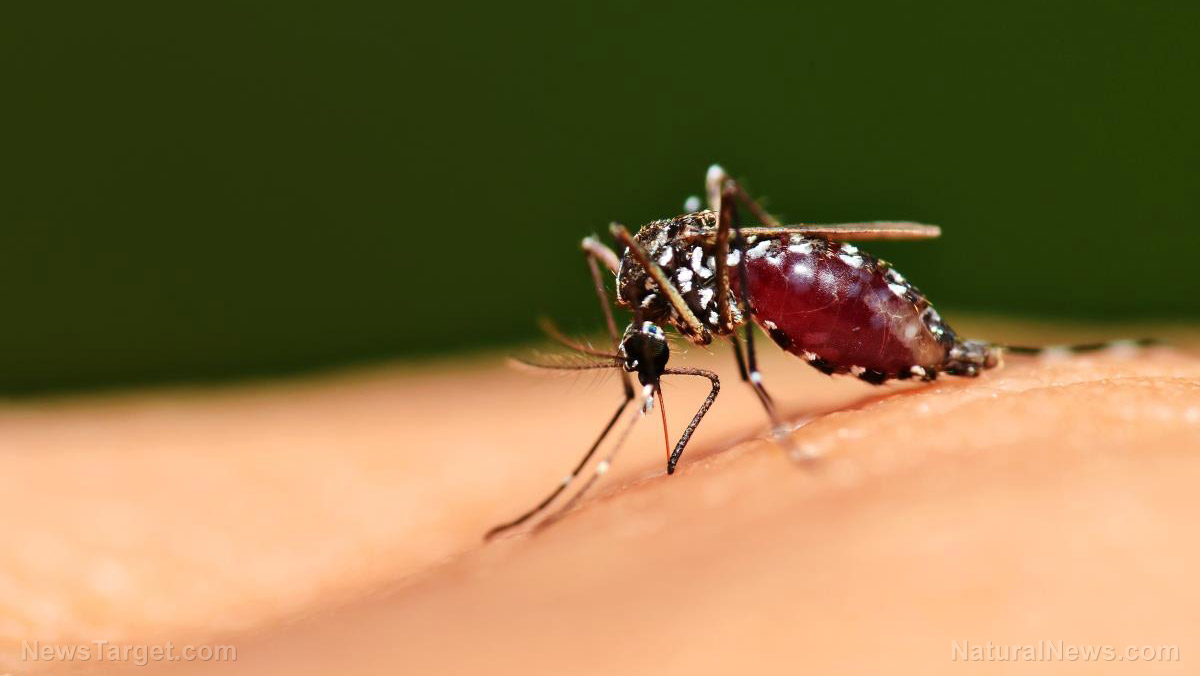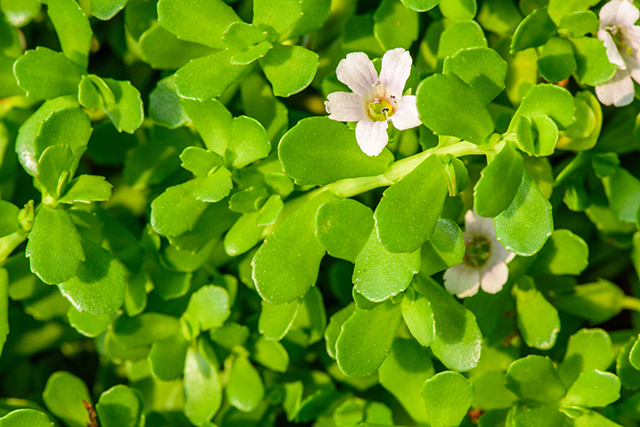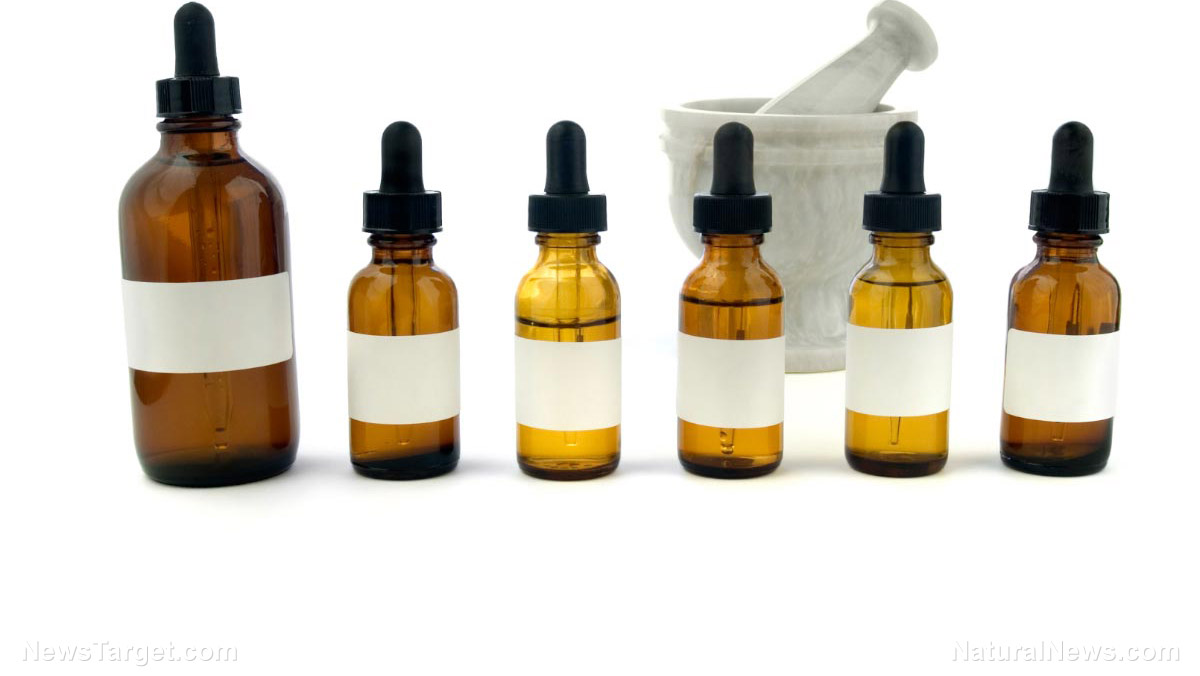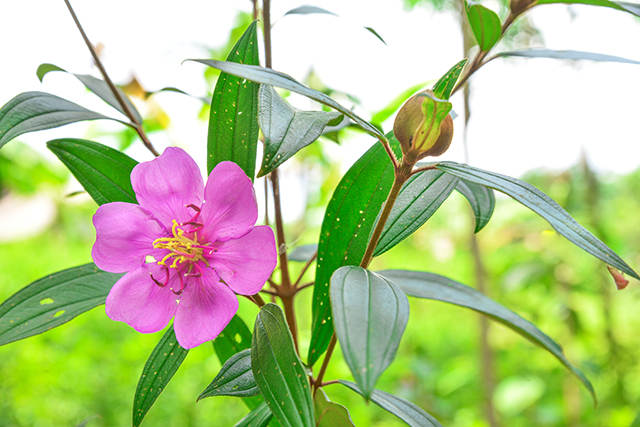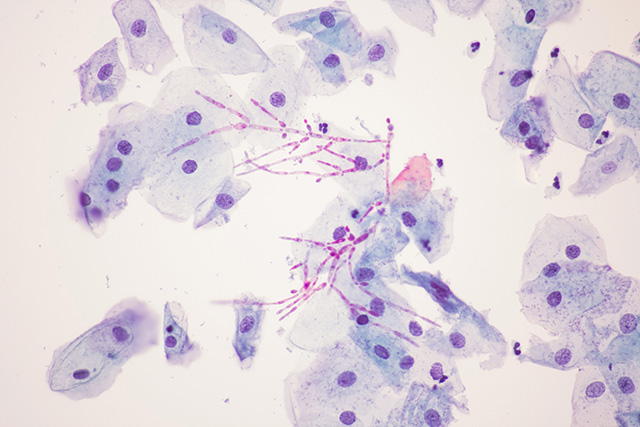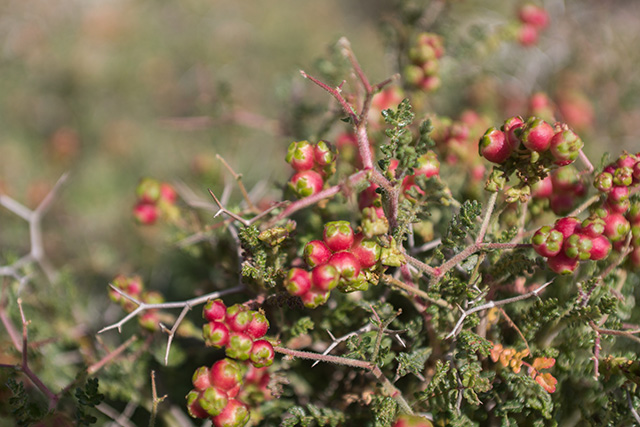06/21/2018 / By Russel Davis
A wide array of medicinal plants show potential in alleviating dengue, according to a review published in the African Journal of Traditional, Complementary and Alternative Medicines. A team of researchers examined various plant research and identified six studies that met the criteria for the meta-analysis.
“A medicinal plant, as a natural product, has been used to traditional healing [sic], and as treatment sources for various diseases due to their complex bioactive ingredients and rich source of pharmaceuticals. Similarly, many extracts and compounds obtained from medicinal plant with antiviral activity have been reported. Moreover, in general and in comparison, to the synthetic drugs, natural products are less toxic and inexpensive,” the researchers wrote.
According to the researchers, methanolic extracts taken from the leaves of the Vernonia cinerea plant contain high inhibitory activates that fend off the infection. The ethanol extracts obtained from the stem of Tridax procumbers, more commonly known as coatbuttons or tridax daisy, possess these inhibitory activates as well. Data from in vitro assays also revealed that methanol extracts obtained from Andrographis paniculata and Momordica charantia or bitter melon contain properties that inhibit the activity of dengue virus. Essential oils extracted from Lantana grisebachii plant mitigate dengue risk of directly inactivating the virus, the experts added.
“The current study has several limitations that must be considered in the interpretation of the findings in this review. [We suggest] caution in generalizing these findings due to the final select publications have methodological variations concerning to the experimental procedure and study design utilized. Considering the findings described in this study, it is possible to conclude that medicinal plants’ products could be used for the development of potential anti-DENV agents. However, it is important to consider the small number of publications available in the PubMed database involving searches evaluating the anti-DENV effect of medicinal plants,” the researchers concluded.
Get CLEAN FOOD and help support our mission to keep you informed: The Health Ranger Store lab verifies everything we sell with accredited testing for heavy metals, microbiology and food safety. Certified organic facility, ISO-accredited on-site laboratory, no GMOs or synthetic ingredients. The world's #1 source of lab-verified clean foods and superfoods for nutritional healing. 600+ products available. Explore now.
Medicinal plants that repel dengue-carrying mosquitoes
Data from the World Health Organization‘s (WHO) media center report revealed that the disease may affect up to 390 million people worldwide per year. According to the report, 96 million of these cases manifest clinically. The report also cautioned that up to 3.9 billion people in 128 countries were at an increased risk of contracting the mosquito-borne infection.
Likewise, the WHO report indicated that dengue is found in tropical and sub-tropical climates around the world and is mostly prevalent in urban and semi-urban areas. Severe dengue was found to be the leading cause of serious illness and death among children in some Asian and Latin American countries, the report stressed. In a separate report, the Centers for Disease Control and Prevention warned that almost all dengue cases reported in 48 states across the U.S. were acquired elsewhere by travelers or immigrants.
Dengue infections continue to rise year after year, and gaining knowledge about the different plant varieties that may fend off the disease certainly would not hurt. Below is a list of plants that help fight dengue infection. (Related: Repel mosquitos naturally with these 10 powerful plants.)
- Various flowering plants – Scented geraniums and pennyroyal were known to discourage the propagation of mosquitoes. Likewise, other flowering plants — such as marigold, allium and petunia as well as chrysanthemum and nasturtium — were found to effectively repel the disease-causing insects.
- Citronella – Essential oils and extracts obtained from citronella are found to effectively repel mosquitoes. In fact, the plant is now commonly used in the production of many commercial repellents.
- Basil, Sage and Rosemary – Studies revealed that basil leaves contain strong larvicides — including crude carbon tetrachloride, methanol, and petroleum ether extracts — that kill anopheles and culex mosquito larvae. Like basil, these herbs are known to repel mosquitoes. Likewise, essential oils extracted from sage and rosemary were found to be powerful natural mosquito repellents.
- Mint andPeppermint – Plants belonging to the mint family exude strong aroma that keep mosquitoes at bay. Incorporating mint essential oils with apple cider vinegar and vodka makes for an excellent insect repellent.
Know more about insect-borne diseases with Outbreak.news.
Sources included:
Journals.SFU.ca
WHO.int
CDC.gov
OrganicAuthority.com
MNN.com

